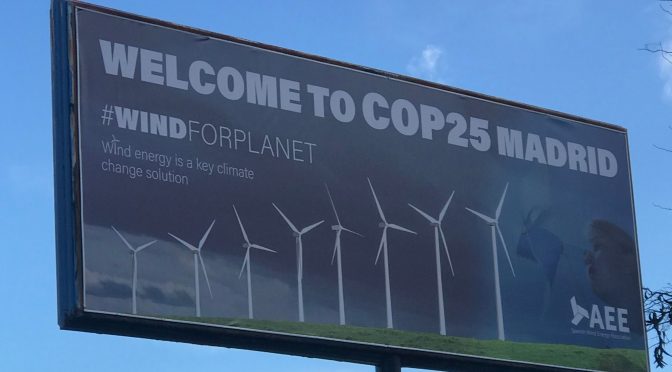The greenhouse gas emissions that cause climate change reached a record in 2019. Scientists’ warnings abound, and much of the world has long denied the effects of nature-causing gas emissions on climate change in the planet. Now, however, there is no way to ignore the protests: the facts and research show that we are close to reaching a new record for carbon dioxide (CO2) emissions, especially due to the burning of fossil fuels.


At
the end of this year we will have an emission of approximately 36.8
billion tons of CO2 in the atmosphere, even greater than the previous
mark of 36.57 billion tons registered in 2018, according to monthly data
reported and estimated for different regions The high use of oil and
natural gas predicts that these levels will continue to increase even as
coal burns decrease. The data comes from a survey published by
researchers from Environmental Research Letters.
“Most of the
renewable energy that is currently being developed does not replace coal
and other fossil fuels, but [only] adds new energy,” says Stanford
University environmental scientist Rob Jackson. In another article,
which will also be published Wednesday in Nature Climate Change, Jackson
and his colleagues advocate global climate policies that reduce the
direct use of fossil fuels, such as the elimination of coal-fired power
plants and the deployment of carbon-absorbing technologies of the
atmosphere.
Many countries are taking advantage of renewable energy,
such as wind, photovoltaic and solar thermal. In the United States, wind
power increased by approximately 8% since 2018, while solar energy
increased by 11%. Renewable energies have fallen in price, now fully
compete with fossil fuels, and today it is possible and necessary to
extend their use and replace the coal, especially in China, Russia and
India.
But this trend is not enough to stop global emissions, which
are driving climate change, melting polar ice caps and accelerating the
incidence of hurricanes. “Coal is the only fossil fuel that has shown
evidence of decline,” says Jackson. Global coal use fell 0.9% in 2019.
The fall was 10.5% in the United States and 10% in the European Union.
Last year, the average global citizen generated about 4.8 tons of CO2
emissions; The average American was responsible for 16.6 tons.
But
natural gas and oil increased 2.6% and 0.9% this season, respectively,
which outshines the benefit of the decrease in coal burning. In
addition, CO2 emissions continue to rise in China, India, Indonesia and
much of the developing world. As promised by the Donald Trump
administration, the day is coming when the United States will no longer
be part of the Paris Agreement, but Some of the largest technology
companies in the country are pushing for it not to happen. On Monday the
CEOs of some of the technology giants (such as Apple, Adobe, Google,
HP, Microsoft, Tesla and Verizon) signed a public letter urging the
country to remain part of the Paris Agreement and maintain a policy to
combat the global warming.
In the letter, they claim to keep the US.
UU. As part of the agreement will increase the competitiveness of
American companies that will help them stay at the forefront of green
innovations, and set a series of objectives for this innovation to
occur.
Signed
in 2015, the Paris Agreement is a treaty signed by all member countries
of the United Nations, which sets ambitious targets for reducing carbon
emissions in these countries by 2020 as a way of trying to contain the
consequences of climatic changes. But since taking office in 2017, Trump
has been rehearsing the US withdrawal. UU. Of the Agreement and has
designated the deniers in the environmental portfolio of his government.
But
despite the joint efforts of technology companies, it is noteworthy
that the letter lacks some important firms, such as the CEOs of Facebook
and Amazon, as well as the heads of three of the country’s main
telephone and internet operators (AT&T, Sprint and T-Mobile). The
absence of Facebook is perhaps the strangest, since the social network
has made some very ambitious environmental commitments, such as
proposing that its entire global operation work only using renewable
energy sources as early as 2020. Meanwhile, the absence Amazon’s
surprise It shouldn’t come as a surprise, as its own employees have
criticized Amazon for not having a comprehensive strategy on how the
company should help combat global warming.https://www.evwind.com/2019/12/05/energia-eolica-energia-solar-petroleo-carbon-gas-natural-y-cambio-climatico/


